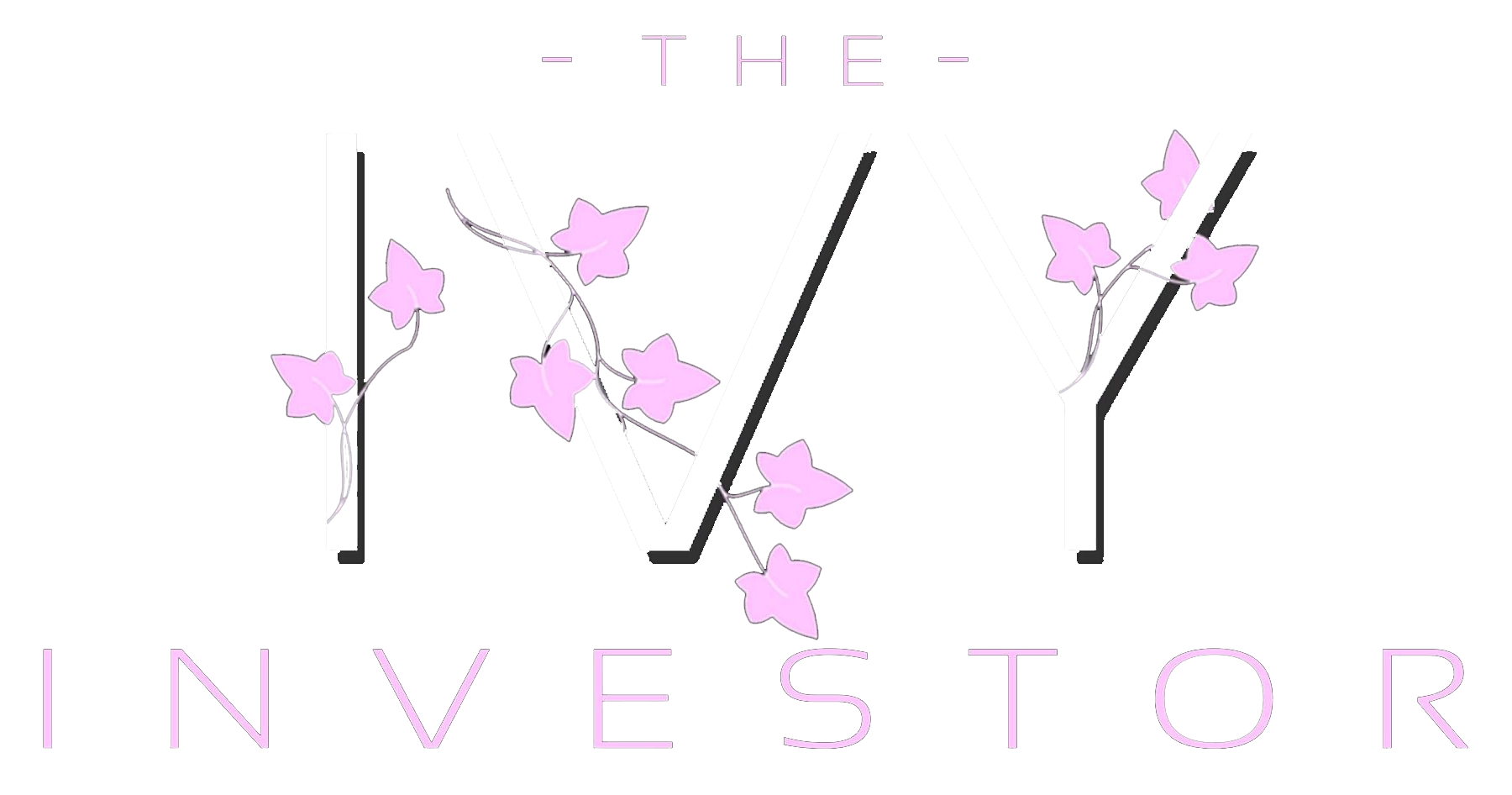Before I discuss the “short squeeze,” I think it’s important to discuss two underlying concepts: a long position (AKA going long) and a short position (AKA “shorts”). The average investor typically goes long. Going long means that the investor has purchased and owns a stock with the expectation that it will go up.
Speculative investors or institutions, usually hedge funds, who think a stock will go down might “short” a stock. Practically, the investor who shorts a stock does not own it. The investor borrows the shares (usually a brokerage firm) and, at some point, has to cover the trade or, in other words, give the stock back. The idea is that when the stock price goes down, the investor buys the shares at the lower price, gives the broker back the borrowed shares, and pockets the difference.
The Risk of “Going Short”
Let’s talk about risk. Out of the two positions, shorting a stock is infinitely riskier. If the stock price falls to zero in a long position, the loss is limited to the total amount invested. For example, if I purchase $1,000 of XYZ company stock and XYZ company goes bankrupt. My *only* loss is $1000. However, in a short position, if the stock price increases, the amount of loss is infinite because the investor can lose more money than the borrowed shares are worth. How? Because a stock’s price theoretically has no ceiling on its price. For example, a speculative investor decides that a stock trading at $20 per share will drop to $5 per share. They would borrow shares at $20, but if the stock goes up to $60 per share, the speculative investor would lose $40 per share.
Two Short Squeezes in One Month
GameStop is the “world’s largest video game retailer,” with approximately 5,500 stores in fourteen (14) countries. The retailer’s sales have struggled as video gamers moved their game purchases online over the last few years. However, when the coronavirus pandemic moved millions of people indoors in March 2020, video games kept people entertained. In March 2020, video game sales exceeded $1.6 billion, which was the “highest reported spend for a March” since 2008. GameStop became a pandemic princess going from $4.37 per share on March 13, 2020, to $18.84 per share on December 31, 2020.
But no one was convinced that the good times for GameStop would continue. Especially not Ryan Cohen, who most notably is the co-founder of Chewy.com. Cohen is considered a master of the online space and saw that the brick-and-mortar retailer was missing out on an opportunity.
As a 9.98% owner of the company, Cohen wrote a letter to the Board of Directors in November 2020, where he stated that the Company was in a “long-term secular decline,” as evidenced by the 85% decline in the stock price over the past five years. He said that the decline was a direct result of the Company’s unwillingness to “pivot with urgency and grow with gamers.” Cohen noted that GameStop was “one of the most shorted stocks in the entire market” because investors lacked confidence in the “current leadership team’s approach.”
The first GameStop short squeeze happened on January 13, 2021. In a short position, the risk is that something, anything— earnings, good news, Reddit — can cause the stock price to go up. Two days prior, Ryan Cohen was offered a seat on the Board of Directors of GameStop. Investors started buying into GameStop because Cohen’s addition to the Board was envisioned as a clear path for the struggling retailer to grow online based on his success with Chewy. Increased optimism in a company’s position is a nightmare for a short-seller.
In a short squeeze, when a shorted stock price drastically increases, short-sellers have to act quickly to cover their position to limit their losses. In these cases, short-sellers are said to have been “squeezed out of their positions.” The rush to buy shares increases the stock price even more. By the end of the January 13th trading day, there was an x20 increase in trading volume, increasing the share price by almost $11 per share.
But that wasn’t it for short-sellers. The second, massive, short squeeze was triggered from an unlikely place, r/wallstreetbets, a Reddit community from which before it was closed boasted more than 4 million members. In this forum, investors were encouraged to drive up the stock price by buying GameStop’s shares, or going long, and purchasing call options. The short squeeze increased GameStop’s stock price from $39.12 on January 20, 2021, to a high of nearly $483 per share on January 28, 2021, and causing large losses for short-sellers.
It has been reported that short-sellers had losses of more than $5 billion so far. After the Hedge Fund Melvin Capital closed out its short position, it was reported that major hedge funds Citadel and Point72 infused close to $3 billion into the company to secure its finances.
We’ve Seen This Before With…
One day in October 2008, in the middle of the biggest financial crisis since the Great Depression, Volkswagen became the world’s most valuable company. As a result of a short squeeze.
efore the financial crisis, Volkswagen had been struggling financially and was heavy in debt. Combined with a decline in demand for new cars due to the crisis, it seemed that Volkswagen was headed for financial ruin. However, its share price was elevated because VW was faring better than expected during the recession. With unstainable performance and an inflated stock price, VW was an attractive short candidate.
What Should Individual Investors Do?
In 2018, when Tilray stock was involved in a short squeeze, its CEO, Brenden Kennedy, said, “Keep it all in perspective as these very unusual market dynamics are taking place.” That’s great advice. Investors need to watch, listen, and learn and stay away from speculative positions. Trying to get in now is equivalent to trying to catch a falling knife. To close the loop on VW, the share price fell significantly after the squeeze.
If you want direction about investing, check the 2021 Investing Yearbook (click here for more information). The Yearbook combines the expertise of the nation’s best investing educators to help you become a more confident investor in 2021. The Book covers the top 5 stocks for new investors in 2021, the best investing apps for new investors, and the best long-term stocks.
Related
5 Comments
Leave a Reply Cancel reply
Related Posts
Is it Time to Leave Robinhood?
Quality picks
- Nouveau Casino En Ligne
- Top Casino Online
- Siti Casino Online Non Aams
- Siti Scommesse Non Aams Affidabile
- Casinos Not On Gamstop
- Gambling Sites Not On Gamstop
- Non Gamstop Casinos
- UK Online Casinos Not On Gamstop
- UK Online Casinos Not On Gamstop
- Best Non Gamstop Casinos
- Casino Sites Not On Gamstop
- Casino En Ligne
- Slots Not On Gamstop
- Non Gamstop Casino
- Migliore Casino Non Aams
- Siti Casino Online Non Aams
- UK Casino Not On Gamstop
- Meilleur Casino En Ligne 2025
- Casino Zonder Cruks
- Slots Not On Gamstop
- UK Slot Sites
- Non Gamstop Casinos
- UK Casino Sites Not On Gamstop
- Meilleur Casino En Ligne Avis
- Gambling Sites Not On Gamstop
- Casino Sites Not On Gamstop
- Meilleur Casino En Ligne
- Casino En Ligne Belgique
- Casino Non Aams
- Casino Non Aams Sicuri
- Casino En Ligne France
- 씨벳 도메인
- オンライン カジノ バカラ
- Top Casino En Ligne
- Real Money Casino App
- Casino En Ligne
- 홀덤 사이트
- Casino En Ligne Français
- Casino Non Aams Italia


Excellent summary btw did you benefit from the GameStop squeeze? I am glad it happened because it saved the company and definitely gave us something very exciting to discuss.
v/r
Lynne
Great question! I had $GME as free stock from Robinhood. I completely forgot about it until earlier this week and I sold it.
Thanks so much for the explanation. I am new at investing; the in’s and outs of the stock market can be quite mysterious. However,
through people like you, I am learning every day.
You’re very welcome Kathleen! I’m glad you enjoyed!
Excellent post. I enjoyed reading it and going back over it. Thank you sincerely for the detailed breakdown and easy to understand explanation. That’s exponentially important when trying to understand it from a lay-person’s point of view, and helpful/beneficial when explaining the process to children & teens in efforts to give them an early foundation of understanding & accurate knowledge.💖👌🏾🤗👋🏾